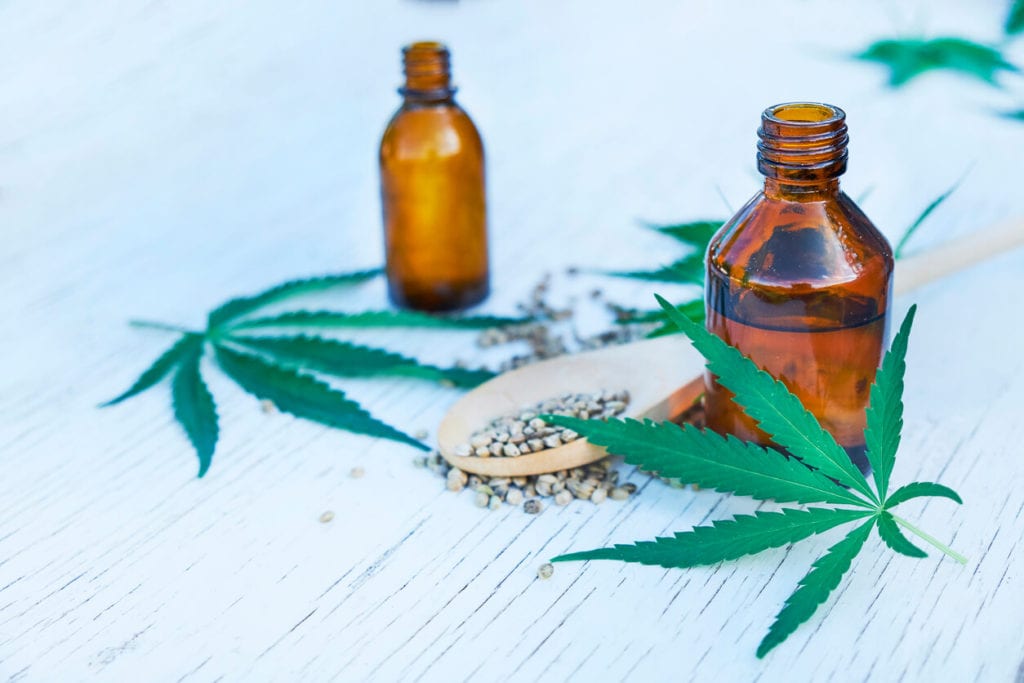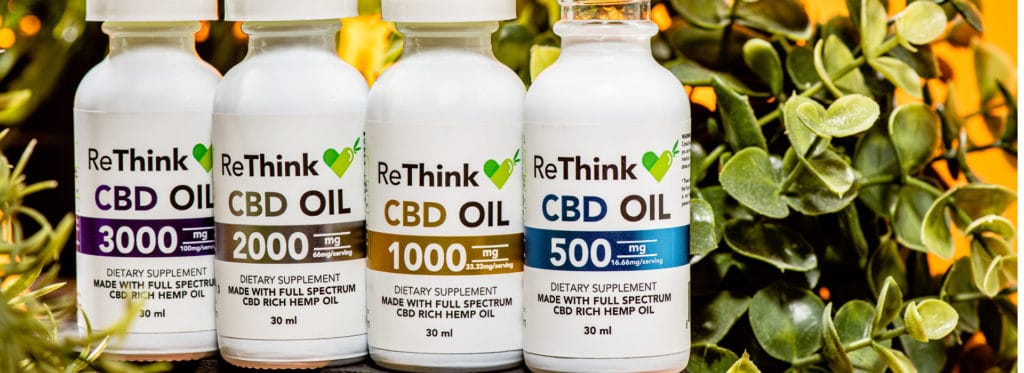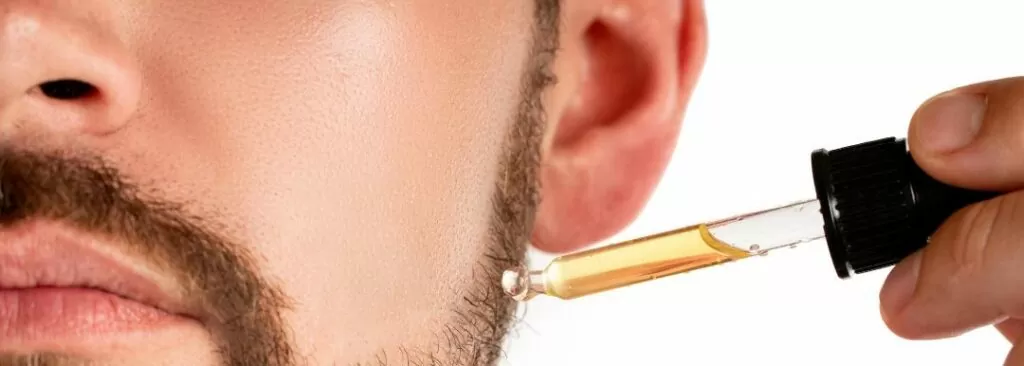It’s important to read the labels of the products you take, so you understand what is going into your body! If you take a close look at the labels of various CBD, vitamins, or supplements on the market, you will quickly notice that most of them are either fat soluble vitamins or can be dissolved in water. But what does that mean?
CBD (which is also known as cannabidiol) oil is a hemp-derived extract that is viscous, gold in color, and oily by nature. But if you continue closely studying the labels of more CBD merchandise, you will notice a few products that contain “water-soluble CBD oil”. What does that mean exactly? In short, it is CBD oil capable of being dissolved in water.
Isn’t it a fact that oil and water can’t mix? Let’s unlock the mystery of water-soluble CBD products below:
What does water-soluble mean?
Let’s quickly take a step back and clarify the potentially confusing idea of what water-soluble CBD is. Water-soluble is a property that is characterized by a substance’s ability to easily be dissolved in water. Water-soluble vitamins and compounds accomplish this feat by separating into ions or molecules that can bind directly to water molecules.
Are you wondering how to know if something is soluble in water? Just drop it into some water and watch! If it doesn’t quickly “disappear” and dissolve, it is not a water-soluble substance. Keep in mind that some water-soluble compounds may need some added energy through processes such as stirring or heating in order to completely dissolve.
What does oil-soluble mean?
Oil-soluble CBD products or fat soluble vitamins are convenient and abundant, and often offered in fast-acting methods. For example, with a tincture, a dropper of the oil held under the tongue lets the cannabinoids and terpenes be absorbed within 15 minutes into the bloodstream. This time frame renders this an excellent method for anxiety and pain treatment, as well as other conditions that call for more immediate relief.
Our cells stored in the body are fatty nature as their outer membranes are fatty. Like attract likes so fatty substances like oils can easily transfer into the body’s cells. Taking a CBD oil is a bit different from taking a capsule or pill since it does not have to pass through the digestive system.
CBD oil must be taken sublingually. It is then absorbed under the tongue reaching the bloodstream and making its way into the brain and its cells. CBD capsules or vitamins dissolve heavily as they are broken down by our very acidic stomach. This is why it takes longer for CBD consumables to give an effect.
In addition to this fact, oil-soluble products are able to be used topically. The oil provides a membrane for the cannabinoids to cross through the skin and into the bloodstream. Our topicals are great for this but, technically, you could use our tinctures or any other oil-soluble CBD product in this way as well!
Why doesn’t oil dissolve in water?
Many of us know that oil doesn’t dissolve in water. But how many people understand the underlying mechanism that causes this? Those of us who are somewhat in the know think that water and oil don’t mix because these liquids have different densities.
Yes, it is true that oil is far less dense than water. However, that only explains why oil floats on top of the water; it doesn’t explain why they don’t mix.
- Polarity of Molecules
The primary reason oil cannot be dissolved in water is due to a concept known as polarity. The H2O molecules that water is made up of are polar compounds. This means that these molecules actually have a type of electrical charge.
If you look at the structure of the H2O molecule, you will notice that the oxygen atom is positioned on one side of the H2O compound while the two hydrogen atoms are stationed on the other side. This imbalance causes the hydrogen atoms to have a minor positive charge while the oxygen atom has a minor negative charge.
On the other hand, oil molecules don’t carry any type of electrical charges. That is why they are known as “non-polar” liquids.
While the water doesn’t have any net electrical charge, the gradient of electrical charge in H2O molecules affects the way they interact with each other. Individual water molecules develop a chemical connection known as a hydrogen bond between each other.
As you probably already know, things with a negative electrical charge attract things with a positive charge. In a similar fashion, a hydrogen bond describes the electrical attraction between the oxygen atom (which has a slight negative charge) in one water molecule to the hydrogen atoms (which have a slight positive charge) in another.
While this bond is somewhat weak (chemically speaking), it is strong enough to keep non-polar substances from mixing with polar ones. However, other polar molecules can dissolve into the water because they will be able to participate in making hydrogen bonds as well.
So, how is it possible to have water-soluble CBD oil when oil doesn’t dissolve in water? Well, to be 100% technically correct, not really. But you CAN make oil-based products that can MIX almost seamlessly with water. All “water-soluble” cannabidiol products are actually really “water-miscible” products. Let’s look closer at this critical difference below.
What is the difference between water miscible vs. water soluble?
As we mentioned above, the solubility of a compound describes how easily it dissolves in water. However, the miscibility of a compound is characterized by how well its liquid form can make a homogeneous solution with another liquid.
In essence, a pair of miscible liquids can essentially become a complete mixture without forming internal, electrical bonds with each other. On top of this, miscible liquids will mix completely regardless of the ratio of each liquid used.
How do they make miscible AKA water-soluble CBD oil?
CBD oil, which naturally repels H2O, can be made into a more water-compatible form by being broken down to micro- or nanoemulsion droplets. Micro- and nano-sized droplets are much smaller than the normal CBD oil drop size and can be mixed far more efficiently into water-based solutions.
The smaller droplets also provide a vastly increased surface area that also helps increase the bioavailability of the CBD involved. Bioavailability, defined as the amount of a substance that enters the bloodstream as to have an active effect.
In essence, it’s the number of the product’s nutrients and components that are actually absorbed by the body. If a CBD has a high bioavailability, it’s processed in such a way that it can be absorbed at a higher rate.
Sometimes, a compound known as a liposome is also used as a type of “carrying vehicle” for cannabidiol oil. Since liposomes are made of both water and oil, they can be successfully dissolved into the water while holding an oil-based substance within it.

Why make CBD oil water-soluble?
Roughly 60 percent of the human body is made up of water. Since oil-based products won’t mix with our bodies’ base liquid very easily, much of the oil found in traditional CBD supplements actually goes to waste and never gets activated.
However, water-soluble CBD extracts offer a solution to create a more bioavailable cannabidiol product that produces far more effective and profound effects within the body.
Water soluble vitamins and CBD products are good for those of you that do not like the particular flavor of that which you are consuming. For example, our CBD syrups are made with flavoring and can be mixed into water to help mask the taste of CBD.
Placing CBD oil into a glass of water is not so simply are the oil less dense than water, thus not being able to be dissolved in water.
What to look for — and what to avoid — when it comes to water-soluble CBD oil
Additional ingredients and processing is required to achieve nanoparticle sizing, so it’s imperative to understand what to look for when considering water-soluble CBD oil. Organic, hemp-derived CBD is extraordinarily different from conventional CBD readily available nearly everywhere (including gas stations — beware!). To ensure your CBD oil experience is optimal and safe, look for third-party testing certification.
CBD ReThink: Your Premier Online Source for High-Quality CBD Products
Now that you more fully understand the subtle differences between water-soluble CBD vs. oil, are you feeling educated enough to start buying CBD supplements for yourself? If you are, please get in contact with us at CBD ReThink!
Our company is solely focused on manufacturing and supplying the highest quality cannabidiol products in the entire industry for you to enjoy!
We accomplish our goal but never sacrifice on any aspect of our production; we source our products from the best hemp plants grown on Earth and we rigorously test our products to make sure they are compliant with our quality standards. Come test our cannabidiol supplements for yourself by ordering some today from our CBD shop!
In addition to CBD oil, we offer a wide range of products for sale online, including CBD topicals, CBD gummies, and CBD capsules.





